

2018-03-13 07:34:00 Tue ET
technology social safety nets education infrastructure health insurance health care medical care medication vaccine social security pension deposit insurance
From crony capitalism to state capitalism, what economic policy lessons can we learn from President Putin's current reign in Russia? In the 15 years of President Vladimir Putin's rule, Russia has increased its state control over economic growth that exceeds the average economic growth rate in the immediate post-communist era. With 1.5% meager economic growth, 15% inflation, and 6% unemployment, the Russian government concentrates both political and economic power in Putin's hands. This power concentration leads to a highly assertive foreign policy.
Putin uses energy as a diplomatic instrument, and abundant revenue streams from extractive oil industries obfuscate the core need for structural economic reforms in Russia. In recent years, U.S.-driven western countries impose economic sanctions on Russia and have brought about economic stagnation there. Hence, the Russian economy continues to struggle with few visible traces of new economic growth. As Europe struggles with its own economic projections due to its own economic model deficiencies, Russia shows no signs of diverting from core state capitalism without substantive evidence of a more sustainable economic model. In reality, only better political competition can induce the Putin administration to change course.
However, the current communist political landscape cannot allow for this political competition to flourish in practice.
If any of our AYA Analytica financial health memos (FHM), blog posts, ebooks, newsletters, and notifications etc, or any other form of online content curation, involves potential copyright concerns, please feel free to contact us at service@ayafintech.network so that we can remove relevant content in response to any such request within a reasonable time frame.
2023-12-09 08:28:00 Saturday ET
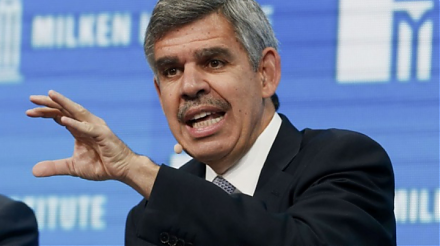
International trade, immigration, and elite-mass conflict The elite model portrays public policy as a reflection of the interests and values of elites. I
2019-08-22 11:35:00 Thursday ET
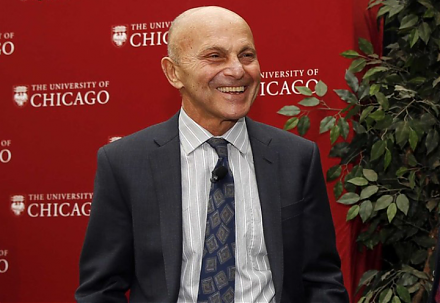
Fundamental factors often reflect macroeconomic innovations and so help inform better stock investment decisions. Nobel Laureate Eugene Fama and his long-ti
2019-03-15 13:36:00 Friday ET
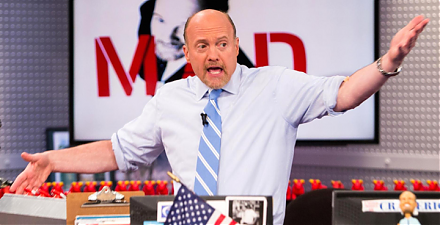
CNBC stock host Jim Cramer recommends both Caterpillar and Home Depot as the U.S. bull market is likely to continue in light of the recent Fed Chair comment
2018-08-03 07:33:00 Friday ET
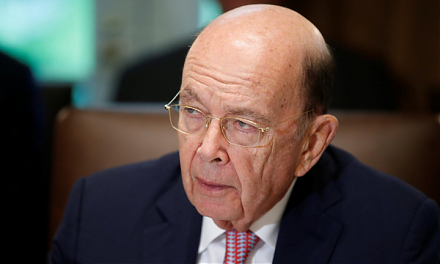
President Trump escalates the current Sino-American trade war by imposing 25% tariffs on $200 billion Chinese imports. These tariffs encompass chemical prod
2018-11-19 09:38:00 Monday ET
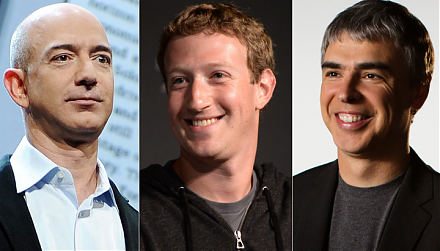
The Trump administration mulls over antitrust actions against Amazon, Facebook, and Google. President Trump indicates that the $5 billion fine against Googl
2019-03-31 11:40:00 Sunday ET

AYA Analytica free finbuzz podcast channel on YouTube March 2019 In this podcast, we discuss several topical issues as of March 2019: (1) Sargent-Wallac